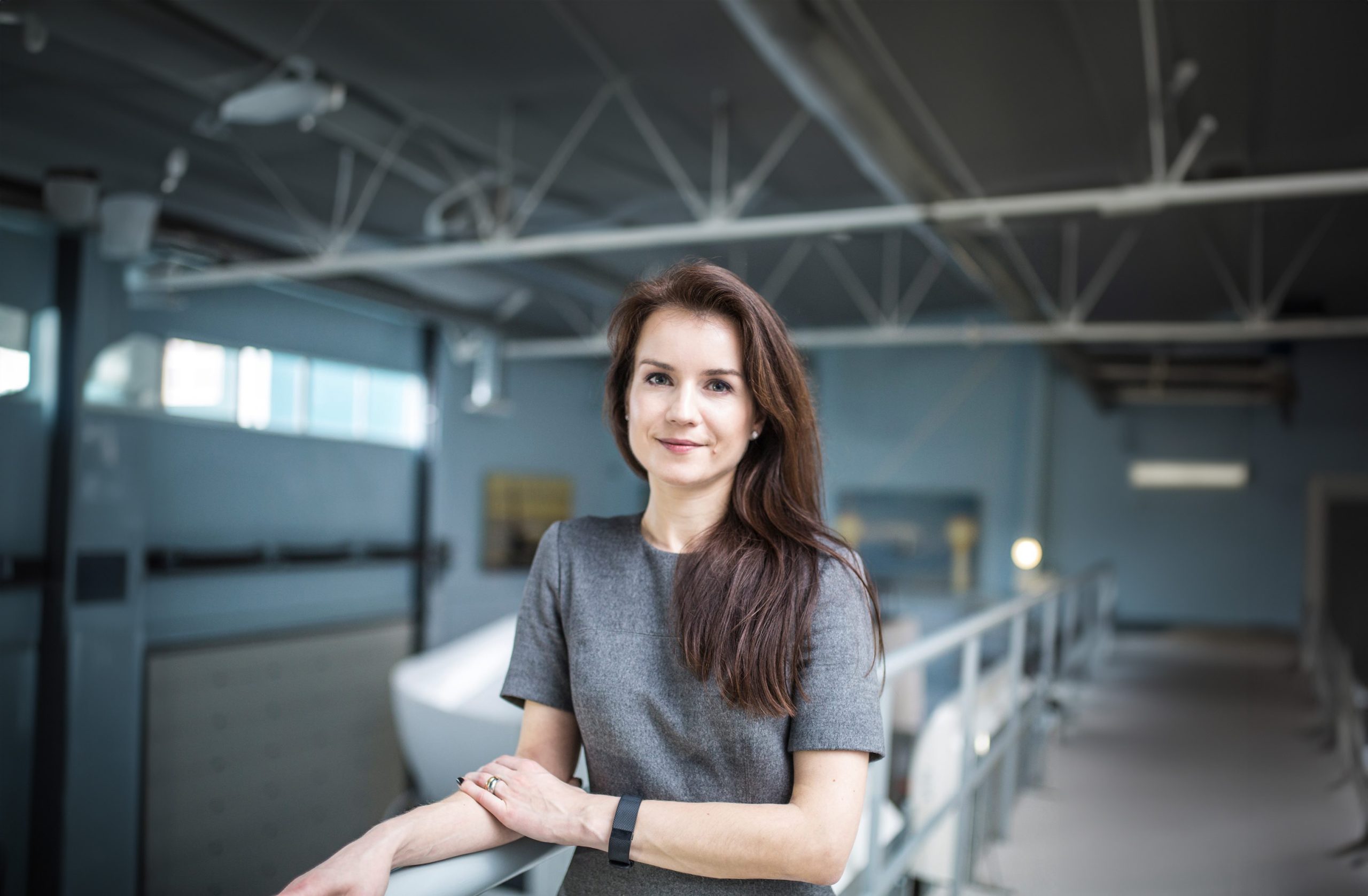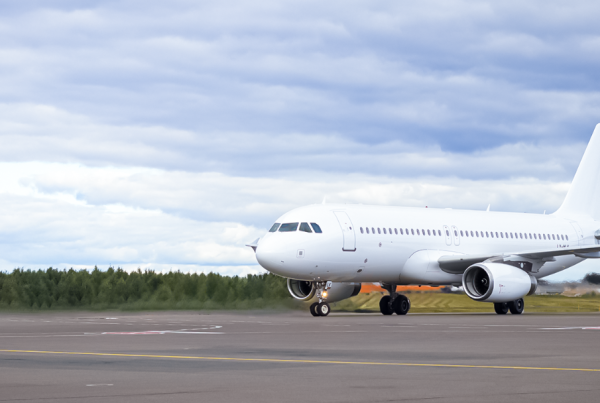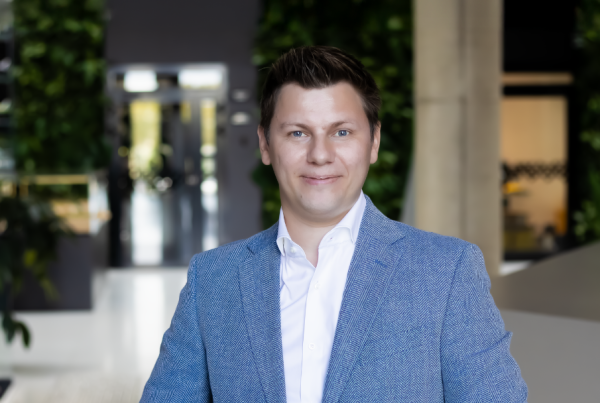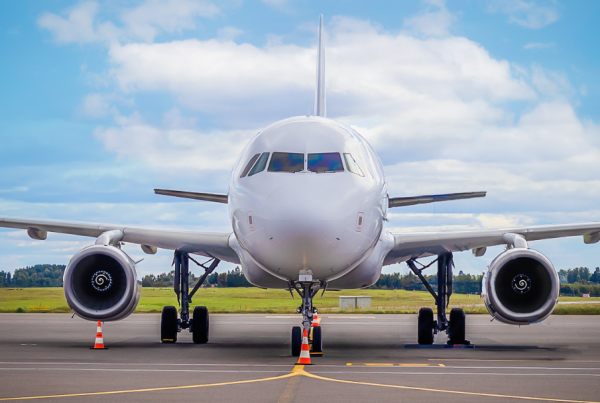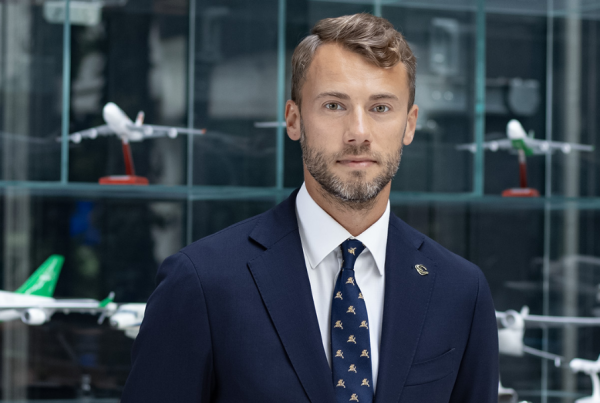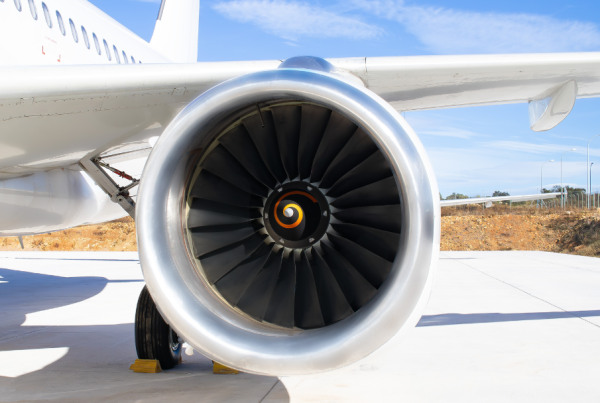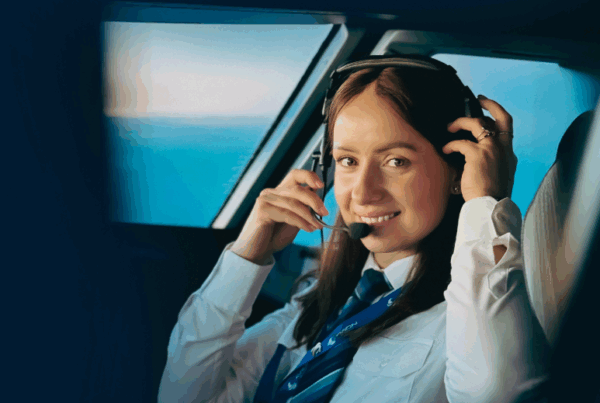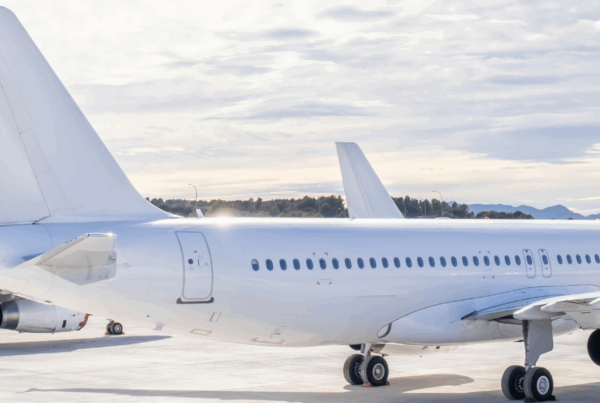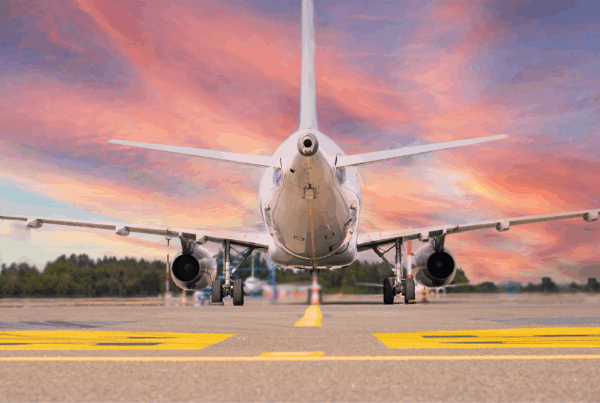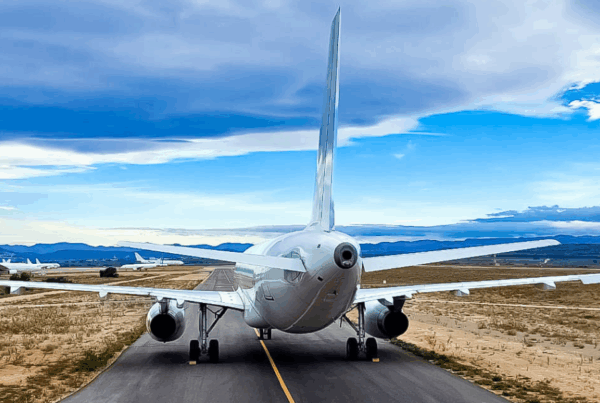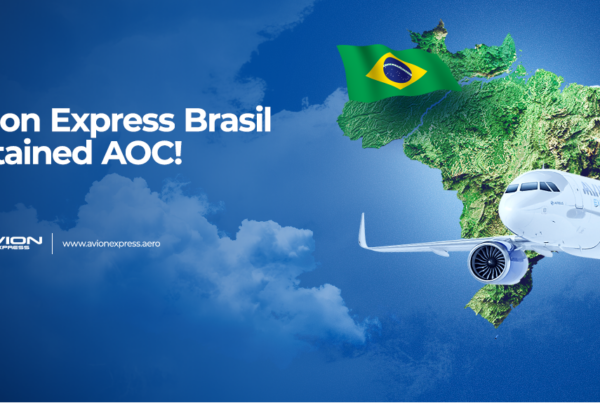Aviation is an incredibly exciting yet particularly demanding field. The knowledge of weather, aerodynamics, propulsion, navigation, and all the other technical disciplines is crucial to keeping everyone in the air safe and comfortable. But there is more to it than that: for aviation operations to run smoothly, you also need a comprehensive understanding of what is simultaneously their most fragile and most resilient component – the human being.
In their highly specific and little-known psychology subspecialty, aviation psychologists explore how human factors affect the performance and well being of aviation professionals. As Agnė Novikienė, Aviation Psychologist at Avion Express, says, her job involves not only selecting the right people for pilot training, but also helping airborne personnel open up about their challenges at work.
Secretive about struggles
Pilots are the face of aviation, but stress can dim the glamour of their job. After all, it is their responsibility to get everyone on the plane safely to their destination. But according to Agnė, pilots can be really tight-lipped about the anxieties they face.
“When you talk about mental health with pilots, they all nod their heads and agree that it’s important and that they, just like the rest of us, can face psychological difficulties. But because it’s a topic closely related to a pilot’s ability to exercise their licence, it’s really challenging for them to talk about their own struggles.”
When a person struggles to acknowledge vulnerability, the situation merits a sensitive approach. Agnė says that simple questions work best in such cases.
“I approach stressed pilots from a place of genuine interest. If I see that a person is emotional or concerned about something, I simply try to ask about it. You can’t go about trying to trick people into opening up, but rather gently lead them there.”
In Agnė’s experience, cabin crew tends to be more open about their struggles than pilots. But in their client facing work, passengers can become an additional source of stress.
“Passengers can sometimes be a really difficult crowd to manage. It gets particularly tense in case of emergencies, when they have to calmly deal with very stressful situations, and help others do the same.”
Constant training builds confidence
A profession with no room for error seems a very stressful line of work. Yet when asked about on-the-job stress, experienced pilots can give surprising answers, Agnė says.
“The majority of experienced pilots I speak to would say that their job is not particularly stressful. Their profession is quite unique because it involves constant training, and I believe that builds better confidence at work.”
No matter how many thousands of flight hours pilots have, aviation safety requirements mandate that they prove their knowledge and skills every year. Yearly training involves simulator practice for emergency situations, technical testing to ensure a high level of technical proficiency, and crew resource management training, among other tests. Plus, depending on the type of flying they do and their age, pilots need to undergo medical and mental fitness tests.
According to Agnė, pilots train consistently and rigorously, so certain things that seem very stressful to passengers are not for the pilots:
“For instance, engine failure Many pilots would say that it’s a totally manageable situation. If the other engine works, you can still fly, so all is good.”
Although the flying portion of the job might not make it too stressful, the lifestyle of aviation professionals can be somewhat challenging overall. These careers require extended periods away from home and loved ones, and many time zone changes during the day.
It is important to understand that being a pilot or a cabin crew member means building your life around your job, Agnė explains, and sometimes aspiring pilots forget this:
“If we look at the information that’s out there about aviation careers, especially piloting, it’s mainly about how exciting it is, and very little about how challenging. The fact is that working in aviation, you often have to adapt your life to the roster and miss spending the holidays with your family. During one recent interview, a pilot told me that he’s been celebrating his birthday alone in his hotel room for many, many years now. So this lifestyle can feel quite lonely at times.”
What does it take to be a pilot?
All professional hazards notwithstanding, people are drawn to flying planes for a living. Thousands of airline pilot certificates are issued every year, mitigating the pilot shortage caused by the increasing demand of global air travel.
Over her more than a decade-long career in aviation, Agnė has screened many aspiring pilots. And while her list of qualities a person needs to become a pilot is long, Agnė believes that responsibility, ownership, and willingness to accept your mistakes are all crucial to enter the aviation game.
“The way I see it, we are all humans, and we all make mistakes. But it’s very important that we are able to acknowledge our errors and to inform others about them if needed.”
For Agnė, taking responsibility for a mistake is not a sign of incompetence, or an opportunity to beat yourself about something going wrong. Any mistake is a chance to learn – to bridge the lack of skills or knowledge, become better, and never repeat the same mistake again.
“For me, one of the scariest things is people denying their mistakes, simply not accepting that they have done something wrong. Then there’s no chance for development, because they already think that they’re perfect. In a field such as aviation, that brings a lot of risks.”
Pilot selection process that Agnė works on is meant to weed out such unsuitable candidates. She says that making a decision to, as they call it, recommend or not recommend a candidate is one of the most challenging parts of her job.
“Sometimes it’s really difficult to make the final call because there’s always a mix of different elements at play. People have certain strengths, certain weaknesses, and it can be a struggle to find the right answer.”
But in aviation, it is crucial to avoid any possible risks at any stage of operations. So even if a person that Agnė interviews is nice and has interesting experiences, any human sympathy she feels towards them cannot overshadow the lack of core qualities.
“I sometimes feel like a very bad person, having to make a decision that won’t make that person happy no matter how much I like them. But that’s the industry we’re in.”
Why aviation is not like other sectors?
Despite the challenges, Agnė enjoys working in aviation psychology. As a person who likes complex things, she says that aviation sometimes is as complex as it gets.
“In this field, there’s a need for precision and ownership from the everyone involved so that we would maintain the same high level of safety that we are so proud of. From an HR perspective, we need to ensure that the right people work here and that they understand why they have to work in a certain way. Simply thinking about possible outcomes if we start skipping things makes your heart beat out of your chest.”
The inclusive, international nature of the field is also a positive. Agnė says that in aviation, there is always a lot of willingness to truly listen and understand everyone’s opinions and ideas.
“At work, I speak with people from all over Europe and beyond, and they bring in their own attitudes and values, and somehow it all finds its place. The atmosphere, I’d say, is beyond democratic.”
And while Agnė mostly works on the ground, being a part of the aviation industry allows her to feel at least some of the fascination surrounding planes and flying.
“For many people who don’t work in aviation, these careers are something amazing. When I tell people about my job, they usually find it very interesting. Of course, the fascination is five times more intense when you’re a pilot, but I like to think that I too can feel the magic of aviation.”

